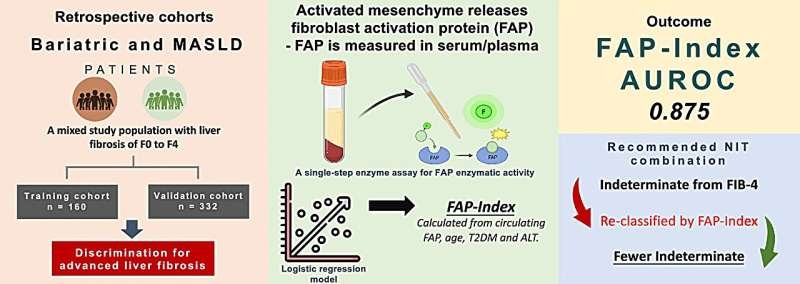Alzheimer's Disease Progression Predicted by Blood Test
By LabMedica International staff writers
Posted on 19 Oct 2011
The ratio of two fatty compounds in blood enables doctors to predict how rapidly somebody with Alzheimer's disease (AD) is likely to lose cognitive function.Posted on 19 Oct 2011
A slower progression of dementia in AD was linked to lower blood levels of ceramide and higher levels of plasma sphingomyelins, which are two kinds of fats found in cells throughout the human body.
Scientists at Johns Hopkins University School of Medicine (Baltimore, MD, USA) gathered and analyzed data from 120 patients with probable AD. The patients were all attending the Alzheimer's Disease Memory Disorder Center at Baylor College of Medicine the (Houston, Texas, USA). They measured a range of blood fat levels, and carried out cognitive assessments over a 28-month period and each patient was visited on average 4.2 times.
The scientists determined whether plasma ceramides, dihydroceramides (DHCer), sphingomyelins (SM), or dihydrosphingomyelin (DHSM) levels and ratios of SM/ceramide or DHSM/DHCer were predictive of progression in AD. The scientists found that the higher the level of plasma sphingomyelins and the lower the level of ceramide, the slower the progression of the dementia of AD. The team emphasized that the link between the fats and AD is not well understood as ceramides are involved in inflammation and cell death. If there are fewer of these cell-killing ceramides circulating, which in turn may be killing off fewer important brain cells, the result may be slower disease progression. Their results suggest that increased SM/ceramide and DHSM/DHCer ratios dose-dependently predict slower progression among AD patients and may be sensitive blood-based biomarkers for clinical progression.
Michelle Mielke, PhD, adjunct assistant professor of psychiatry at the Johns Hopkins University School of Medicine, said, "If the blood fat ratios do turn out to be important, there may be ways to use this discovery to slow cognitive decline. For example, an enzyme known as sphingomyelinase metabolizes sphingomyelins into ceramides. It is possible that if a sphingomyelinase inhibitor were used to slow down the process of breaking down sphingomyelins into ceramides, the progression of the disease could be interrupted". The study was published on August 12, 2011 in the Journal of Alzheimer's Disease.
Related Links:
Johns Hopkins University School of Medicine
Baylor College of Medicine













